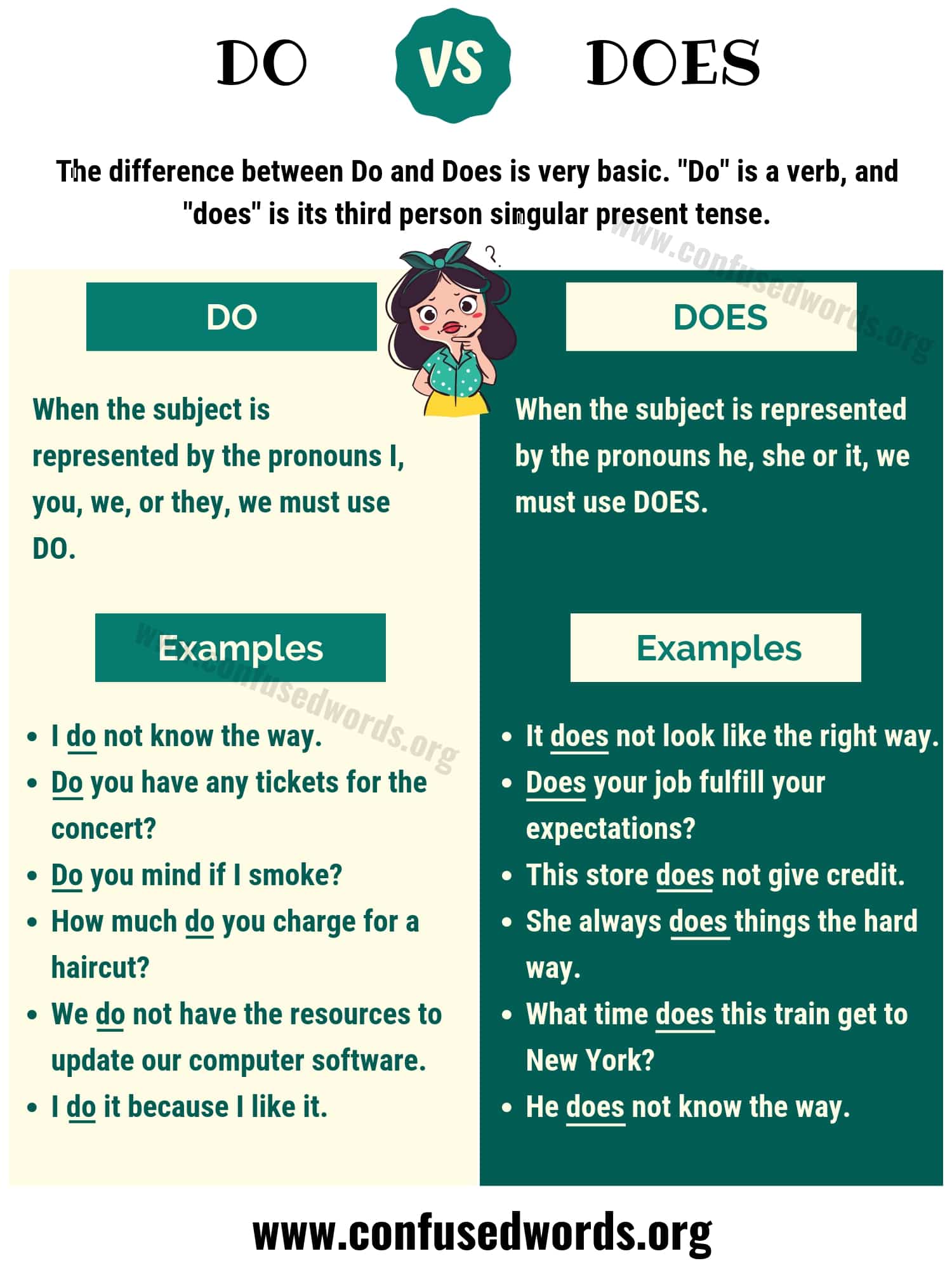Careers, Communication, and Fit: Unlocking Opportunities with an Information Technology Degree
Introduction
Information technology (IT) is a driving force behind modern business, innovation, and digital transformation. Earning a degree in IT opens doors to a broad range of rewarding, high-demand careers that span industries from healthcare to finance and beyond. This guide offers a comprehensive look at the job possibilities with an IT degree, the types of writing essential in the field, the personal qualities that lead to IT career success, and the advantages of pursuing a master’s degree in IT. Whether you’re just starting your journey or considering advanced education, actionable strategies and real-world examples will help you map your path to a thriving technology career.

Source: urduesl.com
What Jobs Can You Get with an Information Technology Degree?
An IT degree prepares you for a variety of roles, with opportunities expanding as technology evolves. According to the U.S. Bureau of Labor Statistics, computer and IT occupations are expected to grow much faster than average, with a median annual salary of $105,990 as of May 2024 [1] . Here are some key positions you can pursue:
- Computer Network Architect: Designs and secures complex network systems for businesses, ensuring reliable connectivity and data protection [2] .
- Network Administrator: Maintains and troubleshoots network hardware and software, supporting business operations.
- Computer Network Support Specialist: Provides daily support and troubleshooting for users, helping organizations run smoothly.
- Certified Computer Technician: Diagnoses and repairs hardware and software for individuals and organizations.
- Systems Analyst: Analyzes business needs and implements the most effective IT solutions, balancing functionality with cost.
- Application Developer: Builds, tests, and maintains applications for computers and mobile devices.
- Webmaster: Manages website content, design, and technical performance.
- Database Administrator (DBA): Maintains and secures company databases, managing sensitive business and client records.
- Project Manager: Oversees IT projects from planning through execution, ensuring they finish on time and under budget.
- IT Business Analyst: Bridges business and technology, helping organizations implement efficient, practical IT solutions.
- Cyber Data Analytics Expert: Uses data analytics to protect systems from security threats.
- Computer Forensic Specialist: Investigates digital evidence for law enforcement or private organizations.
- Homeland Security Consultant: Advises on and coordinates cybersecurity for critical infrastructure [2] .
Job titles and requirements may vary by industry and company. For example, the healthcare, finance, government, and education sectors all hire IT professionals for specialized roles [3] . For those with a bachelor’s degree, common entry and mid-level titles include:
- Information Systems Manager
- Information Technology Director
- Information Security Analyst
- Network Technician
- Software Developer
Pairing your degree with certifications (such as CompTIA, Cisco, or Microsoft) can further expand your options and earning potential [4] .
Which Type of Writing is Most Commonly Used in Information Technology?
Clear communication is vital in IT, where professionals often bridge technical and non-technical audiences. The most common type of writing in the field is technical writing . This includes the creation of:

Source: vocabularyan.com
- User Manuals and Documentation: Guides for end users or administrators on how to operate systems, software, or devices.
- Standard Operating Procedures (SOPs): Step-by-step instructions that ensure consistency and compliance in IT operations.
- Project Reports and Proposals: Documents outlining project goals, requirements, timelines, and outcomes for stakeholders.
- Incident Reports: Summaries of security events or technical failures, including analysis and recommendations.
- Email and Internal Communication: Clear, concise, and structured emails or memos to coordinate tasks and update teams.
Technical writing in IT focuses on accuracy, clarity, usability, and audience awareness. For example, a systems analyst may write detailed system specifications for developers, while a support specialist may draft troubleshooting guides for non-experts. Mastering these skills is essential for advancing into leadership or client-facing roles, as effective documentation and communication directly impact project success and user satisfaction.
What Person Would Be the Best Fit for a Career in the Information Technology Field?
While IT welcomes diverse backgrounds, certain personal qualities and skills are especially valuable for long-term success:
- Problem-Solving Mindset: IT professionals regularly troubleshoot unexpected issues and design creative solutions under pressure.
- Attention to Detail: Small errors can have major consequences in coding, network security, and data management.
- Analytical Thinking: The ability to break down complex problems into manageable parts is essential for roles like systems analyst or cybersecurity analyst.
- Adaptability: Technology evolves rapidly, so flexibility and commitment to continuous learning are crucial.
- Communication Skills: Being able to explain technical concepts to non-technical colleagues or clients is a major asset.
- Teamwork and Collaboration: Many IT projects are team-based, requiring effective cooperation across departments and sometimes with outside vendors.
- Ethical Judgment: IT professionals often have access to sensitive data, making trustworthiness and ethical behavior mandatory [3] .
Real-world example: A cybersecurity professional needs to think like both a defender and an attacker, anticipate threats, and communicate risks to executives who may not have technical backgrounds. Someone who enjoys puzzles, thrives on challenge, and likes continuous learning would likely excel in such a role.
What Can You Do with a Master’s in Information Technology?
A master’s degree in IT (such as MSIT or Master of Science in Information Technology) can unlock higher-level positions, increase earning potential, and provide specialized expertise. Graduates often pursue:
- IT Leadership Roles: Positions like Chief Information Officer (CIO), Chief Technology Officer (CTO), or IT Director typically require advanced degrees and experience.
- Specialist Careers: Advanced data science, cybersecurity, cloud architecture, and information systems consulting.
- Academic and Research Roles: Teaching at universities or conducting research in emerging technologies and IT policy.
Many master’s programs allow you to focus on a concentration, such as cybersecurity, business analytics, or software engineering. This targeted expertise is highly valued by employers seeking leaders who can oversee complex projects, manage teams, or drive innovation. For example, someone with a master’s in cybersecurity may lead an enterprise’s risk management strategy or consult for government agencies [1] .
How to Access IT Career Opportunities
To pursue opportunities in IT:
- Earn your degree: Most entry-level positions require at least a bachelor’s in information technology, computer science, or a related field.
- Consider certifications: Credentials from organizations like CompTIA, Cisco, or Microsoft can boost your qualifications and help you specialize.
- Gain experience: Internships, volunteer work, or contract projects build your resume and expand your professional network.
- Explore job postings: Use established job boards (such as Indeed, LinkedIn, or direct company career pages) to find current openings. Search for job titles like “network administrator,” “cybersecurity analyst,” or “software developer.”
- Continue learning: Technology evolves quickly, so ongoing education-through formal classes, online courses, or professional development-is crucial.
For those interested in graduate study, research accredited programs through university websites or contact admissions offices for guidance on specializations and application requirements.
Challenges and Solutions in the IT Field
IT careers offer strong prospects, but also present challenges:
- Rapid change: Technology and best practices evolve constantly. Solution: Commit to lifelong learning and stay current with industry trends.
- Security threats: Cybersecurity risks are increasing. Solution: Adopt a proactive mindset, pursue security training, and stay informed on threats.
- Work-life balance: Some roles require overtime or on-call shifts. Solution: Develop strong time-management skills and seek employers with supportive cultures.
- Communication gaps: Non-technical stakeholders may misunderstand technical issues. Solution: Practice clear, jargon-free communication and active listening.
Alternative Pathways and Additional Guidance
If you are transitioning from another field, consider “bootcamps,” online certification programs, or community college courses to gain foundational knowledge and credentials quickly. Many IT professionals start in support or technician roles and advance through experience and continued education. Reach out to professional associations-for example, the Association for Computing Machinery (ACM) or Information Systems Security Association (ISSA) -for mentorship, job listings, and networking events. To verify program quality, search for institutions accredited by recognized bodies such as ABET or regional academic accreditors.
Key Takeaways
- Information technology offers diverse, well-paying careers for those with the right skills and mindset.
- Technical writing is essential for clear communication and project success in IT roles.
- Success in IT requires a mix of technical skills, problem-solving, adaptability, and effective communication.
- A master’s degree can open doors to advanced, specialized, or leadership positions in technology.
- To access opportunities, combine education, certification, practical experience, and continuous professional development.
References
MORE FROM 9scholarships.de













